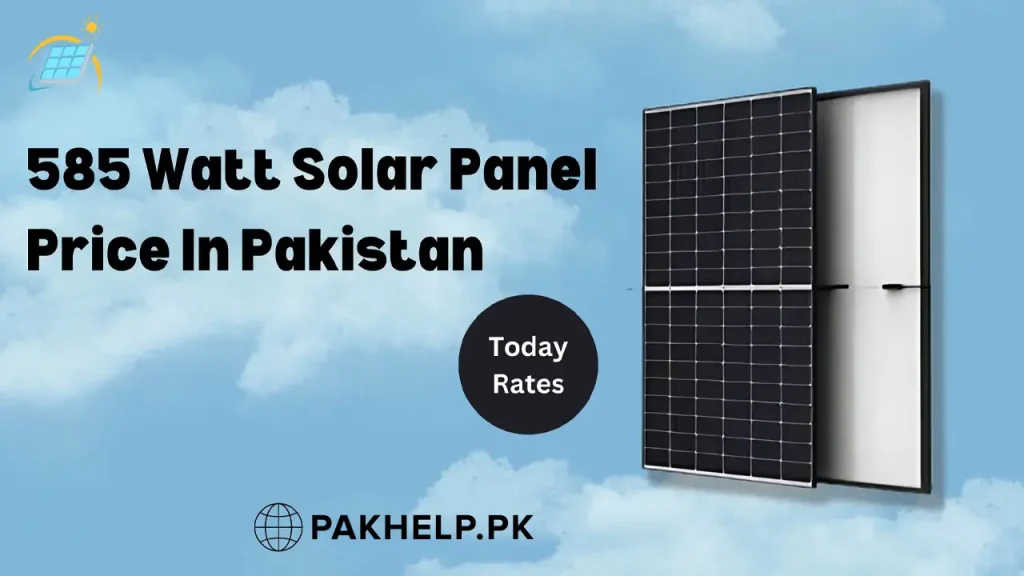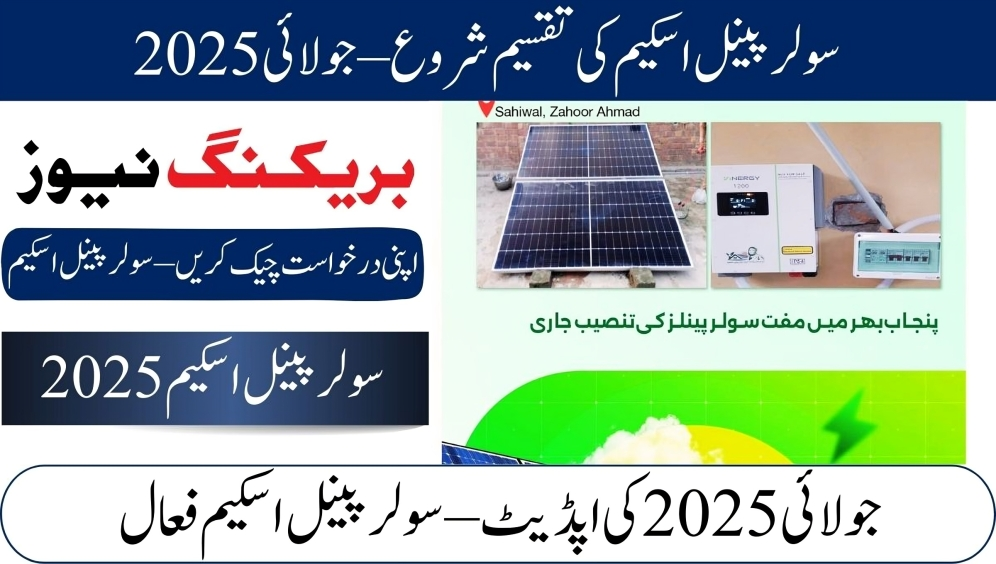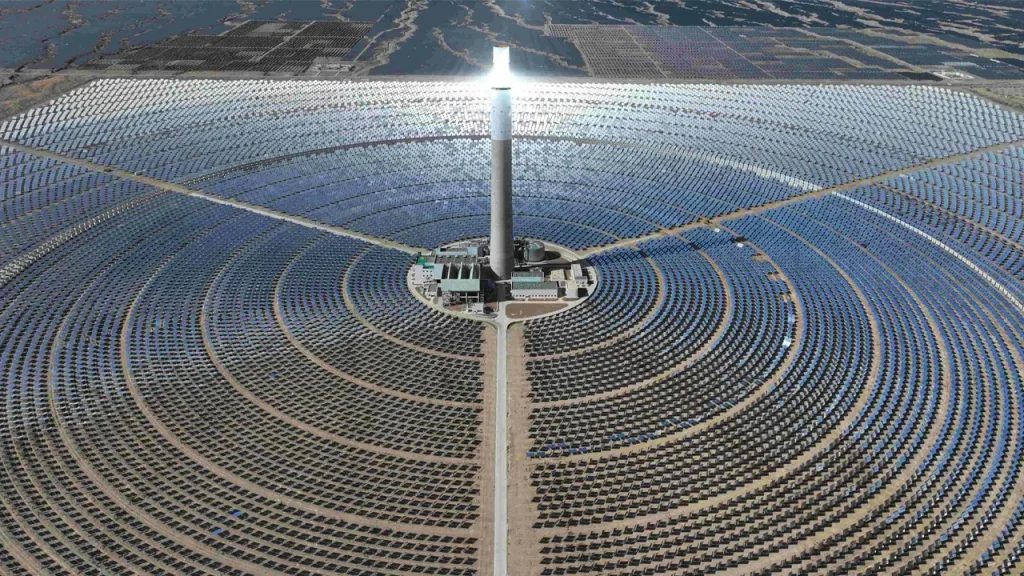
Current Solar Panels Price in Pakistan (2025)
Latest Solar Panels Price in Pakistan: The average cost per watt for high-quality solar panels in Pakistan ranges between ₨27 to ₨37 per watt, depending on brand and panel type.
- Karachi: ₨27–36/watt
- Lahore: ₨30–37/watt
- Islamabad/Rawalpindi: ₨27–38/watt
- Faisalabad & Multan: ₨29–34.5/watt
- Peshawar/Quetta: ₨28–39/watt
Premium A‑grade bifacial panels like Jinko, Longi, and Canadian often cost ₨30–35 per watt, while Trina and other brands may go as low as ₨26–28/watt.
Estimated System Costs for Homes
| System Size | Approx. Price | Monthly Power | Monthly Savings |
|---|---|---|---|
| 3 kW | ₨325,000–375,000 | ~360–400 kWh | ~₨9,000–10,000 |
| 5 kW | ₨525,000–550,000 | ~550–600 kWh | ~₨13,000–15,000 |
| 7 kW | ₨625,000–650,000 | ~750–850 kWh | ~₨17,000–20,000 |
| 10 kW | ₨800,000–850,000 | ~1,100–1,200 kWh | ~₨25,000–30,000 |
| 15 kW | ₨1.2M–1.3M | ~1,600–1,800 kWh | ~₨35,000–40,000 |
These systems are often set up with net metering, allowing surplus energy to be returned to the grid for credit.
Reasons for 2025 Solar Panels Price in Pakistan Drops
In Pakistan, a number of adjustments have lowered solar costs:
- Reduced Import Duties: Raw materials and solar panels are exempt from GST and customs duties.
- Increased Local Production: Prices are being lowered by about 30% thanks to new plants in Karachi and Lahore.
- Political Support: The governments of Sindh and Punjab provide easier loan access and 50% subsidies.
Popular Solar Panel Brands & Price Ranges
| Brand | Cost/Watt (₨) | Notable Features |
|---|---|---|
| Longi Bifacial | 30–35 | Energy efficient, widely used |
| Jinko N‑Type | 31–36 | Bifacial durability, high yield |
| Canadian Solar | 33–35 | Premium, top warranty, reliable |
| Trina Solar Mono | 26–30 | Budget-friendly, good efficiency |
| Inverex (Local) | 28–32 | Affordable and locally supported |
In addition to panels, systems require inverters (₨30K–60K/kW), wiring, racks, and labor (₨10K–20K/kW).
Benefits of Purchasing Solar Right Away
Lower bills by 70–90% in a matter of months:
- Grid independence in the event of load shedding and power outages.
- Net metering allows for a quick payback in three to five years.
- Environmental support: by 2025, 25% of Pakistan’s electricity will come from solar sources.
Challenges & What to Watch
- High Upfront Cost – Still steep for middle-income households.
- Limited Roof Space – Apartment dwellers can’t access rooftop solar easily.([turn0news12])
- Installation Delays – Net-metering approvals may take months in cities like Karachi and Lahore.([turn0reddit22],[turn0reddit14])
People report paying up to ₨1.3M for 10 kW systems, including battery and hybrid setup.
How to Choose the Right System
- Calculate Monthly Consumption – Use your average electricity bill to estimate required system size.
- Choose reputable brands like Longi, Jinko, or Canadian Solar for quality and warranty.
- Avoid suspiciously cheap offers—opt for Tier-1 panels.
- Hire certified installers who handle net-metering application and green meter.
- Request transparent quotes covering: panels, inverter, batteries (optional), labor, wiring, and taxes.
Frequently Asked Questions (FAQs)
Q1: What is the average cost of solar panels per watt in Pakistan today?
Most brands range between ₨27 to ₨36 per watt, depending on quality and city.
Q2: How much does a 5 kW solar system cost in 2025?
Approximately ₨525,000 to ₨550,000, including installation and panel costs.
Q3: Are subsidies or financing available?
Yes, Punjab offers 50% subsidies under solar schemes. Bank loans at 12% interest are available via HBL and Meezan Bank.
Q4: Can city rooftop owners install solar?
Yes, but homeowners often face bureaucracy and delays for net-metering approval.
Q5: Which brands are widely used in Pakistan for best value?
Popular brands include Longi, Jinko, Trina, Canadian Solar, and Inverex, each offering durability and decent pricing.
Final Thoughts
The solar panels price in Pakistan in 2025 is at a more accessible level than ever—₨27–36 per watt for quality brands. With electricity tariffs soaring, investing in a 5–10 kW rooftop system can pay for itself in a few years and save lakhs over its lifespan.
Before buying, calculate your needs, compare quotes, choose Tier‑1 panels, and hire certified installers who can help with net‑metering. The future is bright—and solar is your opportunity to go green, save money, and reduce carbon footprint.
Keep visiting PakHelp.pk and follow our Facebook page for real-time solar updates, savings guides, and energy trends.


